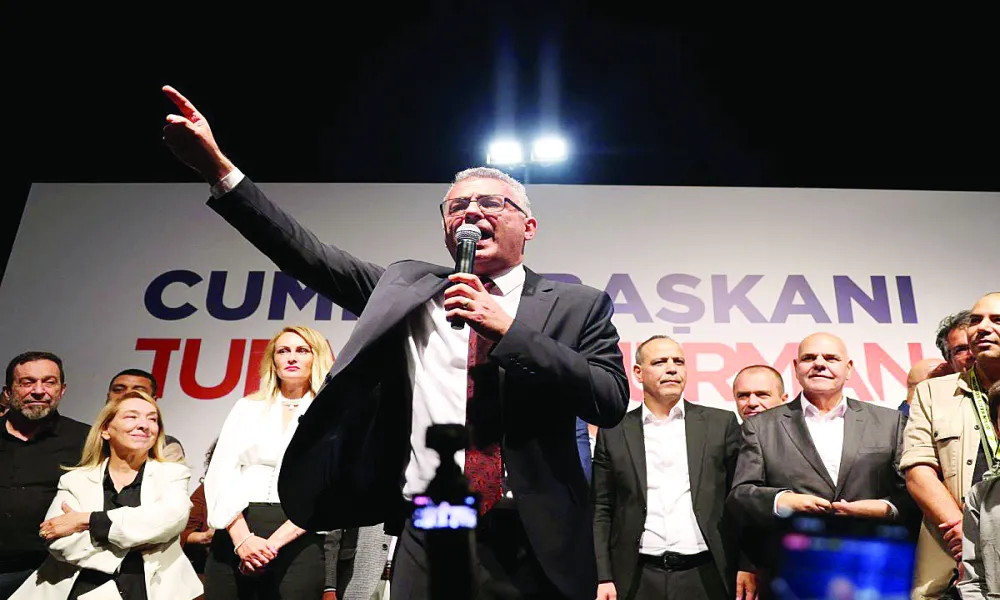Could the landslide victory of Tufan Erhürman in the Turkish Cypriot community mark a turning point in the long-standing Cyprus problem? The answer is an emphatic yes, according to Dr Yiannis Grigoriadis, Associate Professor and holder of the Jean Monnet Chair in European Studies at Bilkent University in Ankara, and Head of the Turkey Programme at the Hellenic Foundation for European and Foreign Policy (ELIAMEP).
Speaking on Politis 107.6 & 97.6’s programme 'Defteri Matia' (Second Look), Dr Grigoriadis emphasised that for talks to restart, and for Turkey to abandon its current stance in favour of a two-state solution, the Greek Cypriot side must demonstrate genuine commitment to negotiations by implementing tangible measures in support of Turkish Cypriots.
“The election of a leader who has expressed willingness to negotiate within the framework of UN Security Council resolutions and a bizonal, bicommunal federation creates a window of opportunity,” he said.
Turkey open to renewed negotiations
When asked about Turkey’s position, Grigoriadis argued that Ankara’s two-state stance is not an insurmountable obstacle.
“In the past,” he explained, “Turkey has stepped back from this position. Its current insistence on the two-state formula often reflects a perception that Greek Cypriots are not genuinely committed to negotiations within the federation framework. Therefore, if there is a clear signal from the Republic of Cyprus indicating serious intent to resume talks on this basis, Turkey’s stance becomes far more difficult to maintain. If Turkey is seen as the sole obstacle, it will carry the full diplomatic burden for the impasse.”
Dr Grigoriadis also noted that although Turkey clearly supported Ersin Tatar’s candidacy, the level of support was not as overt or intense as it had been five years ago. This, he suggested, could be interpreted as a sign of Ankara’s openness to renewed negotiations, especially if the Turkish Cypriots elected a leader aligned with the UN framework.
He further argued that confidence-building measures, even unilateral ones aimed at Turkish Cypriot citizens of the Republic, could place additional pressure on Turkey.
“There’s room for initiatives and manoeuvring on a number of issues that could signal goodwill from the Republic of Cyprus, without being interpreted as a concession on core issues of the Cyprus problem,” he stressed. “Such steps could enhance the government’s international image as pro-solution and committed to negotiations.”
Turkish Cypriot representation in 5x5 format
Addressing Greece’s proposed 5x5 format for dialogue in the Eastern Mediterranean and how Turkey’s demand for Turkish Cypriot representation could be addressed, Dr Grigoriadis suggested a pragmatic workaround.
He proposed that Turkish Cypriots could be included through a technical bicommunal committee, which would take part in the discussions without implying recognition of the occupied north or undermining the unity of the Republic of Cyprus.
“If we’re serious about this initiative, involving all regional actors, there must be a realistic approach to how both the Republic and Turkish Cypriots participate,” he said. “Otherwise, this proposal won’t move forward. Turkey will not consent to a format that amounts to a de facto recognition of the Republic of Cyprus while sidelining the Turkish Cypriots.”
